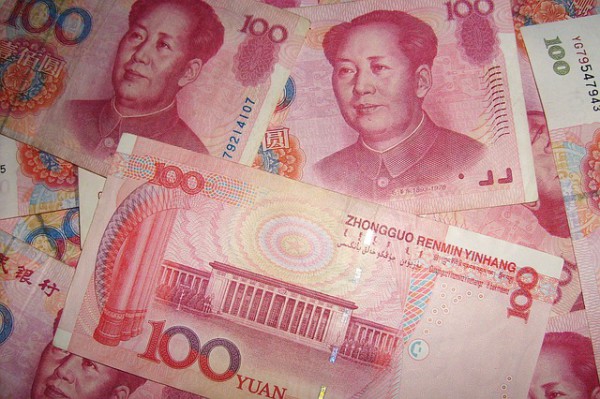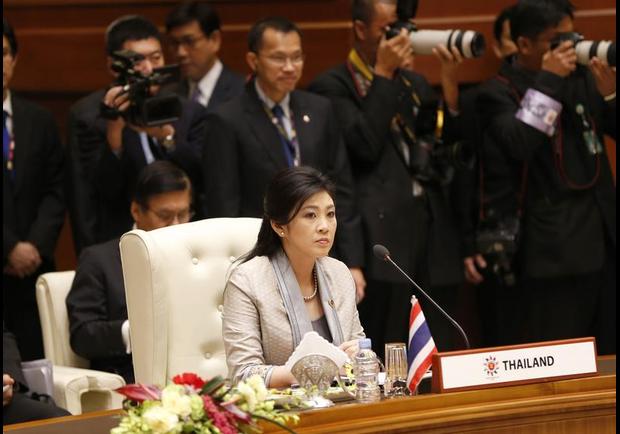In October of 2014, Chinese President Xi Jinping proposed the establishment of the Asian Infrastructure Investment Bank (AIIB). Since then, dozens of countries in Asia and the Middle East have decided to become shareholders hoping to increase investment opportunities and create stronger ties with the emerging superpower.
Last week, Britain became the first Western country to agree to become a founding member of the AIIB, with Germany, Italy, and France following shortly thereafter. As operations are commencing at the end of this year, influential political and financial leaders in the United States are becoming agitated with the growing numbers of Western supporters for China in Europe. Britain’s turn to the East has proven contentious, as historically Britain has maintained strong relations with other Western powers at the expense of the East.
UK legislators were not sorry for their government’s decision to abandon the West as they recognized that China, the largest rising power, wants to begin shaping a modified order itself. Increased British investment is sure to act in the Chinese interest, while also offering the opportunity for global expansion to otherwise regional focused British companies.
Asia has an $8 trillion gap in the infrastructure market, which allows the AIIB to drastically increase investment in the region. The AIIB plans to invest money by means of lending schemes directed at building infrastructure in the lesser-developed parts of Asia. The US has recognized a number of problems with the new bank, including a lack of transparency and attention to environmental sustainability, although China claims it will certainly abide by the international standards promoted by the Western Neoliberal economic order following in the steps of the Asian Development Bank (ADB). Other problems for the long term viability of the bank’s infrastructure projects include long funding cycles and low interest rates. If the AIIB intends to grant loans to developing countries, these problems will surely contribute to the bank’s difficulty in mitigating the high amounts of risk which are inevitable when dealing with low-income countries.
The launch of the AIIB comes at an opportune moment for China to strategically grow its economic power through international financial institutions. The nation currently has little say in the operations of the IMF, World Bank, and ADB. Both Japan and the US have approximately a 15.5% stake in the Asian Development Bank, while China, despite efforts at greater influence, has stalled at a mere 5.47%.
The US was invited to become a founder, yet declined and further encouraged other Western nations to act in accordance. Decisions by powerful European countries to overlook the United States’ demand represent a significant setback for the Obama administration. The administration has argued that Western countries could have more influence over the workings of the new bank if they stay together on the outside and push for higher lending standards.
In the past, President Obama has called for an increase in infrastructure investment in Asia. While concerns about transparency and procurement are justified, the US’s argument that it is more effective to influence the policy of the AIIB from the outside is impractical, as the bank’s governance issues can be most effectively addressed only by members of the institution, who would have the only real influence on the bank’s policies. Moreover, as the AIIB is likely to become a powerful force for development in Asia, the argument for joining the AIIB as a founding member is attractive for much of Europe. America’s Asian allies, including Japan, have risked their interests and the possibility of diplomatic expansion with China for good relations with the US, whose own influence over the direction of global economics may diminish as a result of the growing support for the AIIB.
The AIIB symbolizes a drastic shift in the global balance of power—this shift will take place whether or not the US invests. Following the growth of the AIIB, China is sure to increase its influence in the Southeast Asian economy, and by extension, global economy, achieving a new-found confidence and an increased stake in international financial markets—an objective it has sought since the 1990s.





